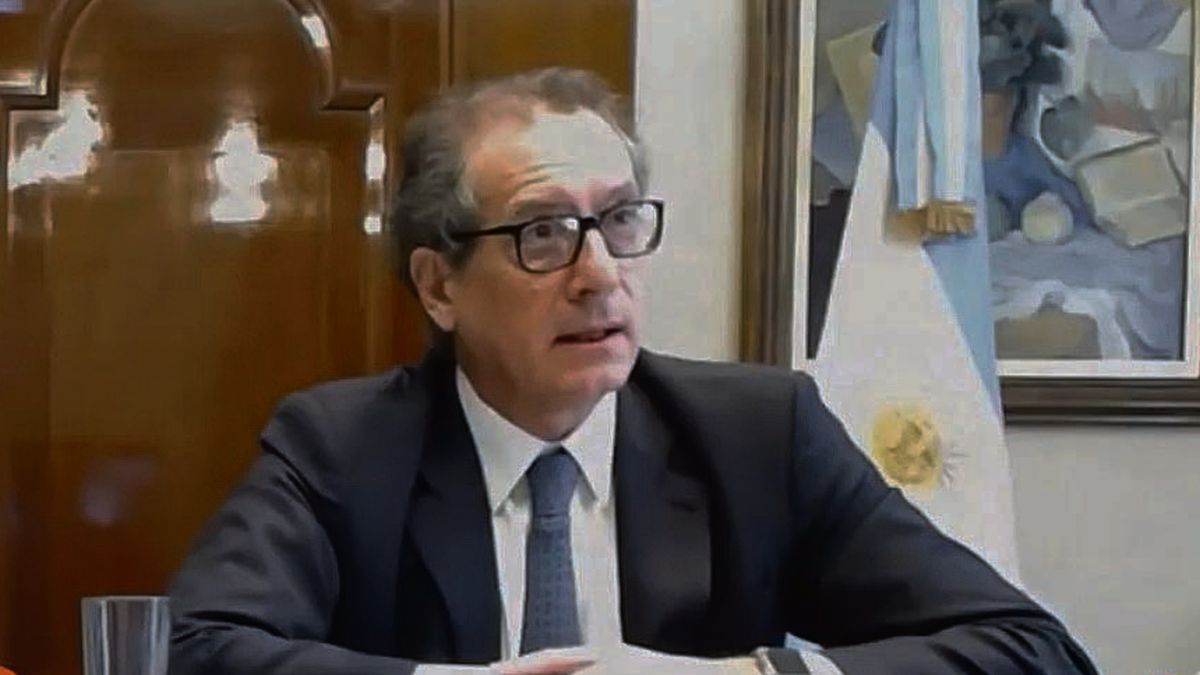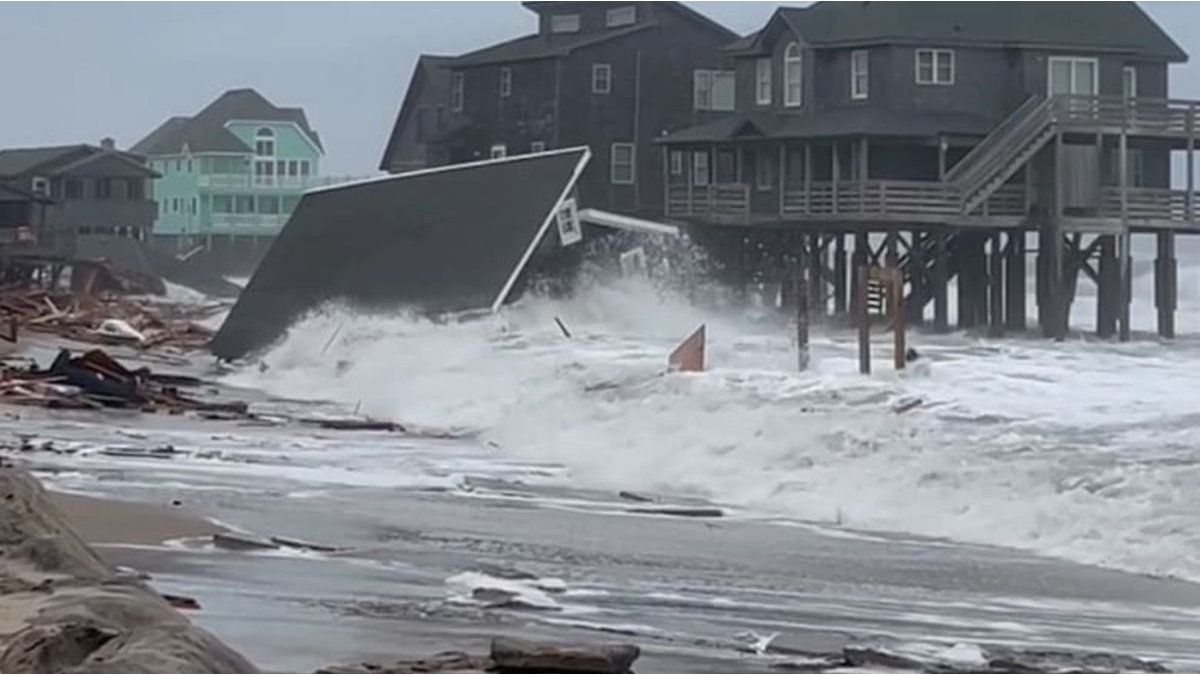But even with this higher balance, the government was not enough to cover all the expenses in dollars that the economy demanded in January. When the rest of the variables that play in the official exchange market are included, it ended with a deficit of US$486 million. A part of it was taken by trade in services, which had an unfavorable balance of US$681 million, and the rest was the net between income and expenses of foreign currency from financial operations and debt payments to organizations.
In general, there are always some differences between INDEC’s balance of goods and what happens in the BCRA box, although the control measures on dollars imposed by the monetary authority try to prevent importers from anticipating purchases and exporters from delaying purchases. settlements.
In January, according to the Central, exports were collected for US$6,120 million and dollars for imports were sold for US$5,019 million. On the other hand, for INDEC they were US$5,547 million and US$5,251 million, respectively.
In the case of services, the entity chaired by Miguel Pesce registered charges for US$617 million and payments for US$1,297 million.
Last year, in January, the result of the total exchange balance had left the BCRA with a small balance in favor of US$85 million. That is to say that, in 2022, it did not reach even extreme the stocks on the purchase in installments of tickets abroad with credit cards to prevent tourism from spending foreign currency outside the country.
From there it follows that, with reserves to the limit, in February the government had to adjust the controls to the maximum on imports and that companies have complained about not being able to access the foreign exchange market. Last month, the AFIP modified the index of Financial Economic Capacity of the companies (CEF) and, thus, it was possible to control the output.
The LCG consultancy raised that it is to be expected that in 2022 the payment of imports will be tied to the collection of exports. And he pointed out that “in a hyper-controlled market, the evolution of reserves will depend on the agreement with the IMF.”
Last year, although trade in goods left a surplus of US$15,282 million, services had a deficit of US$4,568 million. Although when adding all the components of the exchange balance (payments and collections of loans, remittances and others), the surplus was only US$2,316 million.
Source: Ambito
David William is a talented author who has made a name for himself in the world of writing. He is a professional author who writes on a wide range of topics, from general interest to opinion news. David is currently working as a writer at 24 hours worlds where he brings his unique perspective and in-depth research to his articles, making them both informative and engaging.




